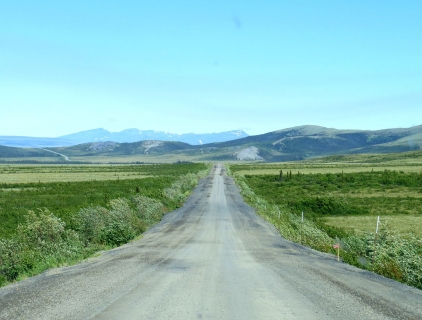Rossland Climate by Month
Rossland experiences great temperature shifts.
The city's weather can transition from mild days
to very cold weather.
It typically sees modest rain/snowfall throughout the year.
Let’s explore the climate details in depth to provide you with a complete overview.
Average day and night temperature
The climate in Rossland is known for significant temperature differences throughout the year, making the weather dynamic. Average daytime temperatures reach a moderate 15°C in July. In December, the coolest month of the year, temperatures drop to a very cold -1°C. At night, expect cooler temperatures, averaging -4°C during this month.
The mean minimum and maximum temperatures throughout the year
Precipitation and rainy days
Rossland has a relatively dry climate with low precipitation, averaging 473 mm of rain/snowfall annually. Rossland can be quite wet during November, receiving approximately 62 mm of precipitation over 12 snowy/rainy days. In contrast August, experiences much drier conditions, with 14 mm of rainfall, spread across 5 rainy days.The mean monthly precipitation over the year, including rain, hail and snow
The best time of year to visit Rossland in Canada
Other facts from our historical weather data:Yes, the months of July and August are very dry.
The coldest season / winter is in the following months: January, February, November and December.
July has an average maximum temperature of 15°C and is the warmest month of the year.
The coldest month is December with an average maximum temperature of -1°C.
November tops the wettest month list with 62 mm of rainfall.
August is the driest month with 14 mm of precipitation.
No idea where to travel to this year? We have a tool that recommends destinations based on your ideal conditions. Find out where to go with our weather planner.




